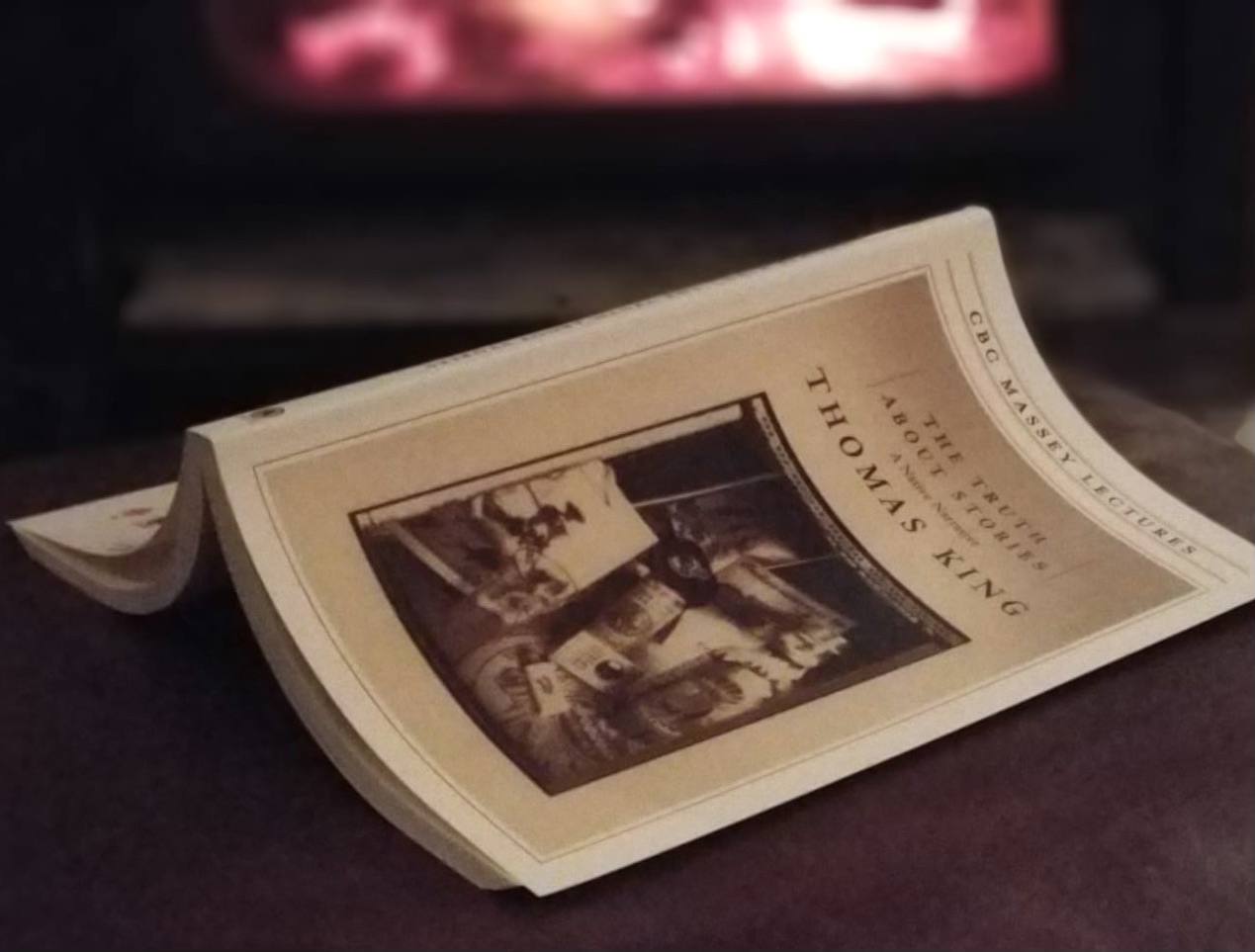A post by Canadian Art shares that less than four per cent of art found in galleries are created by Indigenous artists, and this underrepresentation is carried into the world of literature. Reading literature by Indigenous authors is a significant way for anyone to learn about Indigenous culture and history, and being students or faculty at a Canadian university, it’s important to do so.
Geoffrey MacDonald, a course director in the English department who teaches Caribbean literature and postcolonial writing, explains that Indigenous literatures provide an essential component of how literary texts expand and enrich our views of the world.
“Indigenous writers, who draw upon the long tradition of oral storytelling, have intervened in so many public debates, provided stunning and affective depictions of human existence, and yet remain marginalized in the popular understanding of literary voice and authority.
“Indigenous literature is underrepresented in the field of literature because literary structures — both scholarly and popular — are embedded in colonial knowledge systems,” says MacDonald. “Honouring Indigenous literature is an important part of decolonization and reconciliation — in their substantive, transformational forms.
“Uncovering the joys of Indigenous literature is to learn that there is a vast and diverse literary tradition on this continent. Why Indigenous Literatures Matter by Daniel Heath Justice is a brilliant introduction that cannot be shared widely enough, and The Black Shoals by Tiffany Lethabo King connects Black and Indigenous studies in revolutionary ways,” says MacDonald as they share their favourite pieces of Indigenous literature. They also note that This Wound is a World by Billy-Ray Belcourt, Jonny Appleseed by Joshua Whitehead, and Island of Decolonial Love by Leanne Betasamosake Simpson among many others stand out to them.
Dr. Craig Santos Perez is an Indigenous Chamoru (Chamorro) from the Pacific Island of Guåhan (Guam). He is currently a poet and professor in the English department at the University of Hawai’i, Mānoa. His poetry focuses on ecological, political, historical, and cultural issues related to his homeland of Guam and the larger Pacific.
“To me, being an Indigenous poet means honouring my homeland, ancestors, and stories, as well as critiquing colonialism and advocating for a thriving and sustainable future,” says Perez. “Literature should be a space where we can read and learn about the diversity of human experiences, so it is important to have Indigenous representation to more fully understand and appreciate the culture, history, and humanity of native peoples.”
Perez explains that some Indigenous writings come with specific ethics and politics. Readers, Indigenous or non-Indigenous, carry a certain responsibility when reading these works.
“Many Indigenous writers draw our attention to ongoing political issues, such as militarism, resource extraction, dispossession, etc. As readers, we enter into an ethical space where we can either ignore these issues in the real world or we can stand in support of Indigenous struggles,” says Perez.
“Indigenous literature needs to be read with care by non-Indigenous people,” continues MacDonald. “Let the stories be told. These writers show us a world that could have been— one defined by justice, fairness, and connection, and will help us get to the better one that can be.”


That is exactly what indigenous literature across the world presented, but there is something missed up which it is the role of this literature to change the future, especially in the ongoing conflicting matters such as (Black and white, orient and occident).